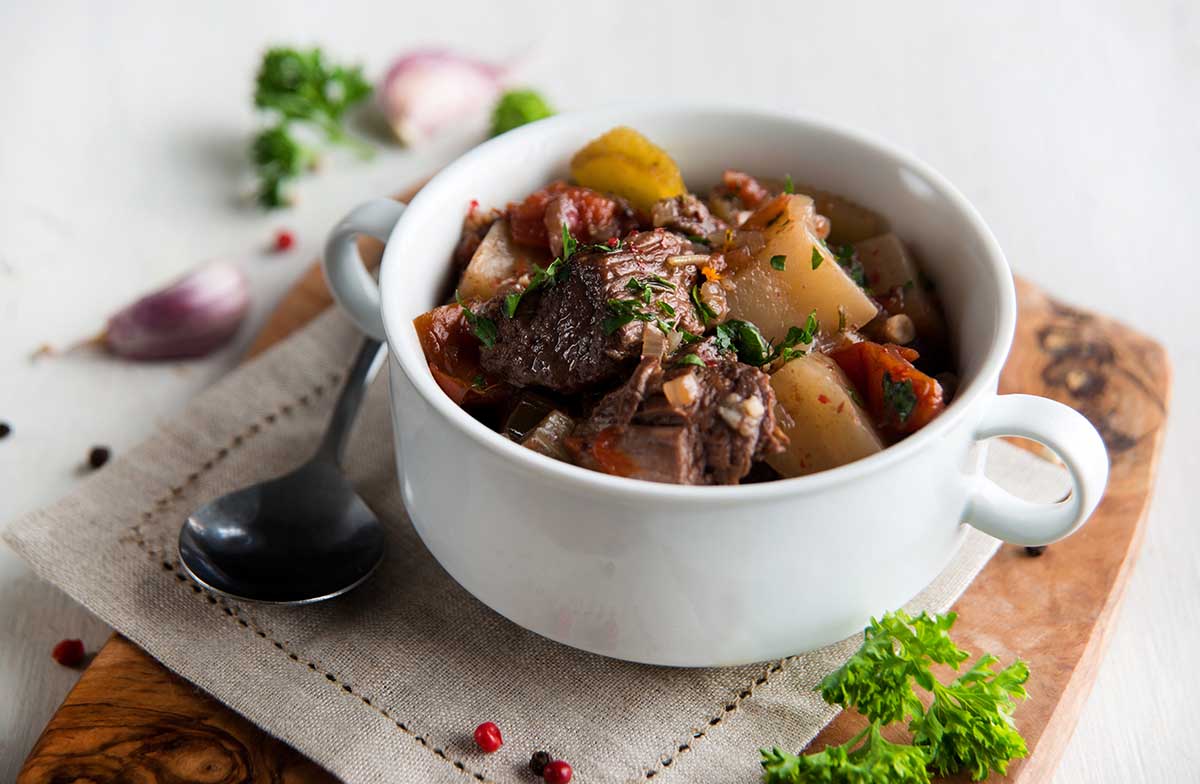Advertisement
Get to Know the Paleo Diet
A diet built on commonsense health benefits
Fact-Checked
This article has been written and fact-checked by experts in the field.

What is the Paleo diet?
Whether you’ve heard about it in passing, at the gym, or have seen it hashtagged on a fitness enthusiast’s Instagram, you’ve probably heard of the Paleo diet—but what exactly is it?
The paleolithic diet, or the “paleo” or “caveman” diet, is based on the premise that we should follow a diet similar to that eaten by our ancestors 2.5 million to 10,000 years ago in the Paleolithic era, which its proponents believe was based on hunting, fishing, and gathering.

The theory behind the Paleo diet is that we can achieve better health by eating the foods our bodies have been adapted to digest and use most effectively: The foods our ancestors subsisted on during the Paleolithic era, including meats, fruits, vegetables, seeds, and nuts. A Paleo diet is high in vitamins, minerals, antioxidants, and easily digestible proteins.
No to heavily processed foods

Emphasizing whole foods, the Paleo diet necessarily avoids prepackaged and heavily processed foods. This means eliminating unhealthy preservatives, artificial flavours, excessive sugar and sodium, and a wide range of other less-than-beneficial ingredients.
Yes to whole foods

The Paleo diet emphasizes eating whole foods containing beneficial nutrients like antioxidants, vitamins, minerals, protein, and fiber, which means empty-calorie junk foods are cut out. This change in diet facilitates weight loss, helps prevent nutritional deficiencies, and increases energy levels.
No to empty calories

Empty-calorie foods, such as soda, candy, sweets, energy drinks, and juices that contain added sugar, contain the same amount of dietary energy as any other calorie, but provide little to no nutritional value. Empty calories still require the body to expend valuable nutritional resources on their digestion but provide nothing (aside from calories) in return.
No to short-lived energy spikes

We love our stimulants; our fast-paced society’s dependence on coffee and energy drinks is practically a trademark of Western culture. Unfortunately, consumption of sugary, highly caffeinated beverages causes us to crash—in part because they are metabolized so quickly by our bodies—leading to exhaustion and the need for more of these energy-boosting drinks.
Yes to sustainable energy

By focusing on consuming foods with naturally stimulating ingredients that are more slowly metabolized, a Paleo diet leads to more sustainable, long-lasting energy levels.
No to carb-heavy meals

While it’s impossible to know exactly what cavepeople in all regions of the globe ate (and indeed, they likely ate different foods in various regions), the diet is essentially based on low-carbohydrate and high-protein foods, coupled with plenty of water and regular exercise.
Yes to healthy hydration

Drinking plenty of water on the paleo diet is important to offset the metabolic waste of protein foods.
No to calorie counting

The Paleo diet also focuses more on balanced eating than on calorie counting. It’s easy to keep calorie consumption in check because Paleo-compatible foods tend to be nutritionally dense and low in calories, making it a challenge to consistently overeat
Overeating is eliminated by curbing consumption of high-sugar foods and refined carbohydrates, which prevents hunger pangs and provides a more long-lasting feeling of fullness.
Yes to improved health and disease prevention

Absent of foods high in trans-fats, sodium, preservatives, and sugar, the Paleo diet eliminates ingredients linked to health issues such as obesity, diabetes, high cholesterol, high blood pressure, and heart problems. And, the increased intake of fruits and veggies promoted by the Paleo diet means ingesting more antioxidants, which help prevent cancer by neutralizing cell-damaging free radicals in the body.




